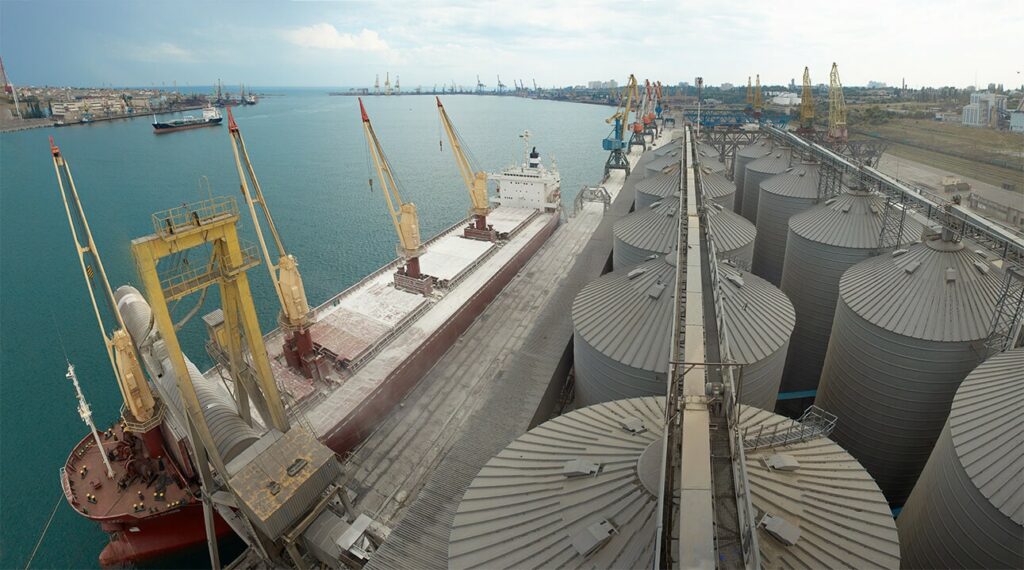Ukrainian agricultural exporters are looking for new markets due to EU tariffs

Kernel stated that the future alternative to the EU markets is the markets of Asia and North Africa.
As part of the international Agro Ukraine Summit, a panel discussion “Global Markets and Frontline Realities: The Future of Ukrainian Grain Exports” was held, the Kernel press service reports.
Oleksandr Golovin, Commercial Director for Ukraine at Kernel, shared his experience in adapting logistics routes immediately after the start of the full-scale invasion.
According to him, this was a period when the usual logistics ceased to exist. Kernel was looking for new solutions: from transshipment on the Danube to oil transportation by road to Rotterdam.
“But even under such conditions, we continued to move. Then there was the Grain Initiative, and later the opening of the “big water” thanks to the support of the Defense Forces of Ukraine. The opportunity to work in the Black Sea deep-water ports was a turning point for the country as a whole and for our industry. After all, this is the only effective way to export Ukrainian agricultural products, so it is extremely important to protect our port infrastructure so that these export channels continue to work,” said Oleksandr Golovin.
He also said that in the fourth year of military confrontation, thanks to the stable operation of ports on the Black Sea, the situation in the agricultural sector is radically different. Currently, export routes are established, logistics costs are minimal, and accordingly, the market is again working in favor of Ukrainian agricultural producers.
“Europe remains an important market, but the restrictions of the free trade zone are a challenge. The future alternative is the markets of Asia and North Africa (Egypt, Algeria, Morocco). Consumption is growing there, so we must be flexible to maintain our positions,” Oleksandr emphasized.
Recall that the EU has announced quotas for Ukrainian agricultural products until the end of 2025. New volumes of duty-free exports began to operate on June 6 — they are applied within the framework of the updated free trade zone regime.
Read also: Ukrainian exporters will lose $800 million due to the cancellation of “visa-free trade”.





